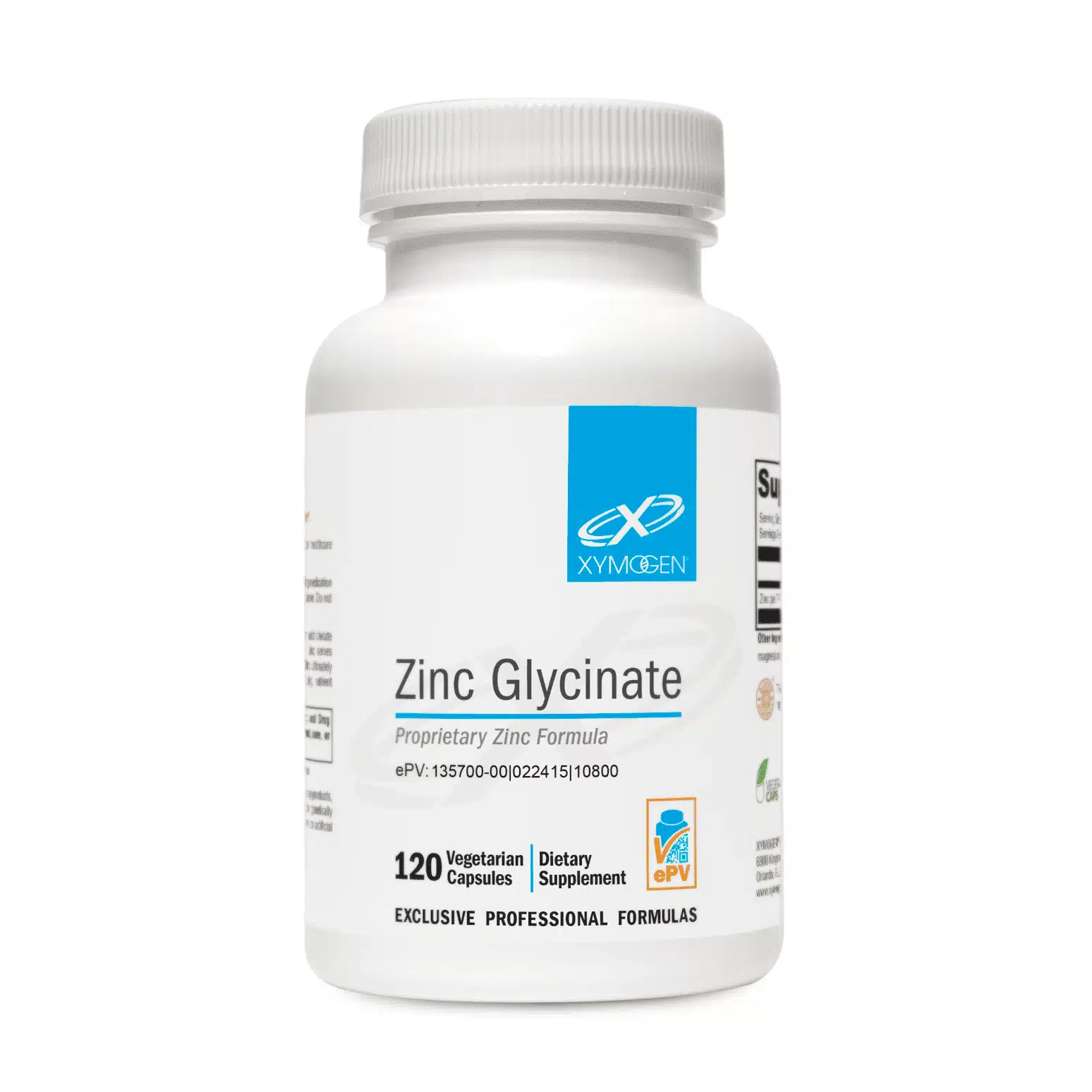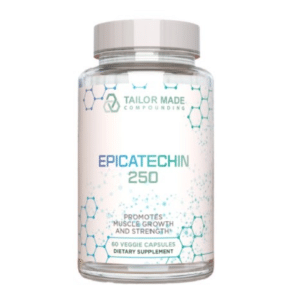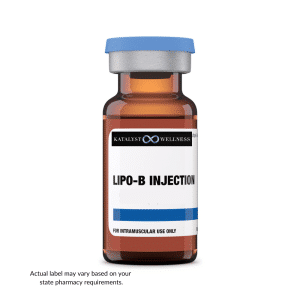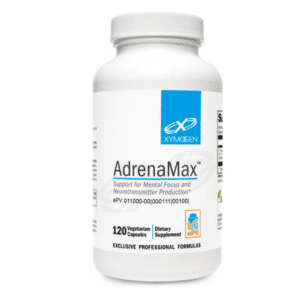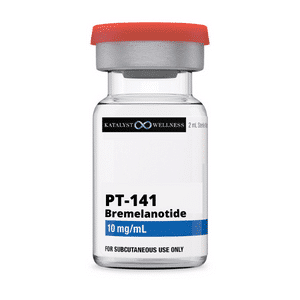Zinc Glycinate 120 capsules
$26.00
Zinc Glycinate is a fully reacted, proprietary TRAACS® amino acid chelate formulated for enhanced absorption. As an essential mineral, zinc serves catalytic, structural, and regulatory functions in the body. Zinc ultimately supports immune and neurological function, growth, taste acuity, nutrient metabolism, and reproductive health.*
Benefits:
Serving Size: 1 Capsule
Servings Per Container: 120
Zinc is an essential trace mineral and serves important roles in the body. More than 300 enzymes depend on zinc for their normal activities in cellular metabolism. As a cofactor, zinc participates
in carbohydrate and protein metabolism as well as copper-zinc superoxide dismutase (CuZnSOD) antioxidant activity. Zinc’s role in supporting immune function includes regulating T lymphocytes, natural killer cells, CD4 cells, and interleukin II.
Zinc’s pivotal role in protein metabolism translates into a pivotal role in wound healing, DNA synthesis, normal inflammatory response, and normal growth and development during childhood, adolescence, and pregnancy. Zinc helps maintain the structural integrity of cell membranes; it assists them in their normal function and protects them from oxidative damage. Research in human subjects of various ages suggests that zinc supplementation decreases oxidative stress markers, supports a normal response to inflammation, and appears to be a factor in balancing TH1 and TH2 immune cell activity. Skin and mucous membranes also depend on zinc for their maintenance and integrity.
Zinc is highly concentrated in the liver, pancreas, kidneys, bone, muscles, eyes, prostate gland, sperm, skin, hair, and nails. The mineral is required for sperm maturation and fetal development.
The endocrine system relies on adequate zinc status to assist in the regulation of insulin activity and the conversion of thyroxine (T4) to the active thyroid hormone triiodothyronine (T3). Zinc’s regulatory role extends to gene expression, cell signaling, and nerve impulse transmission, as well as normal apoptosis. The body has no specialized system for storing zinc, so daily intake and absorption is essential.

